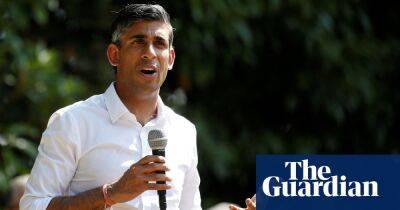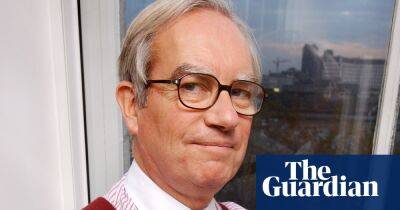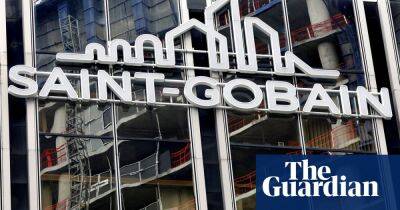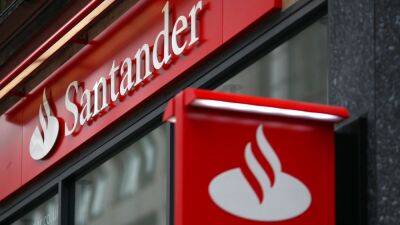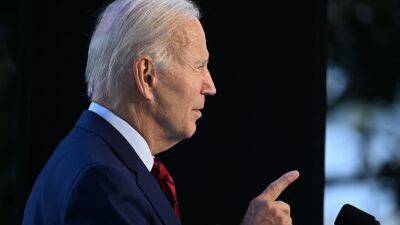Nadhim Zahawi: is new chancellor going to change direction on economy?
Should he remain in the job longer than some political commentators expect, Nadhim Zahawi faces a balancing act as chancellor. He must walk the line between doing what it takes to prevent the political implosion of Boris Johnson’s government, and dealing with the worst succession of economic shocks to hit Britain since at least the 1970s.
As the fourth Conservative chancellor in as many years, parachuted in after Rishi Sunak resigned with a stinging critique of Johnson’s devil-may-care attitude to tax and spend, Zahawi is expected to face heavy pressure from the prime minister to slash taxes to revive the economy.
Zahawi is the second richest MP in parliament after his predecessor, with an even more complicated business hinterland than Sunak. In the midst of the cost of living crisis, opponents are likely to jump on his past as an oil industry executive who earned millions from fossil fuels while an MP, as well as past links to the former Tory MP Jeffrey Archer, and billing taxpayers for the electricity for his stables.
The new chancellor has an unenviable task to steer the economy clear of recession and a persistent cost of living shock. Inflation is the highest since 1982 and forecast to reach 11% in October, while the economy is expected to plunge to the bottom of global growth league tables next year.
High on the agenda will be tackling the cost of living emergency, strikes and public sector pay disputes, Brexit and supply chain disruption, staff shortages, rising interest rates and deep regional divisions – all the while bearing in mind one of the biggest budget deficits since 1947.
So far, Zahawi has called for every option to be considered, arguing that he wants to be an “evidence-led chancellor” who bears down on
Read more on theguardian.com


